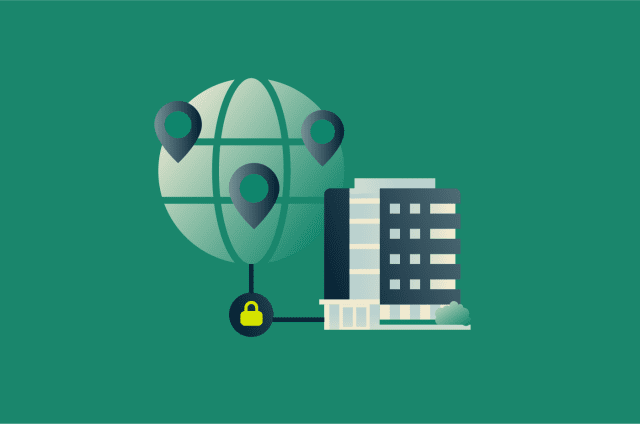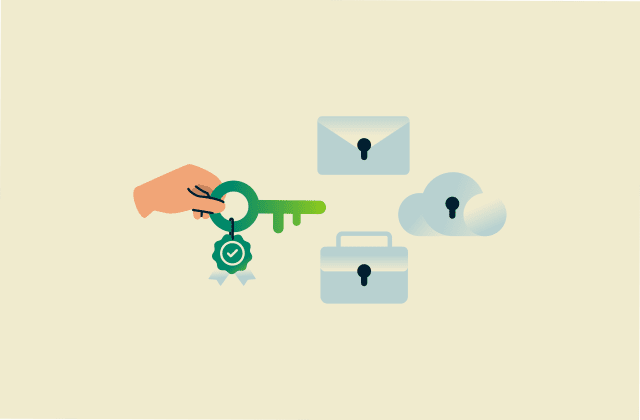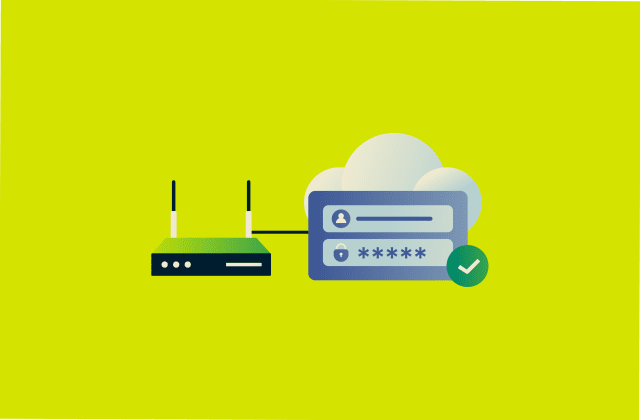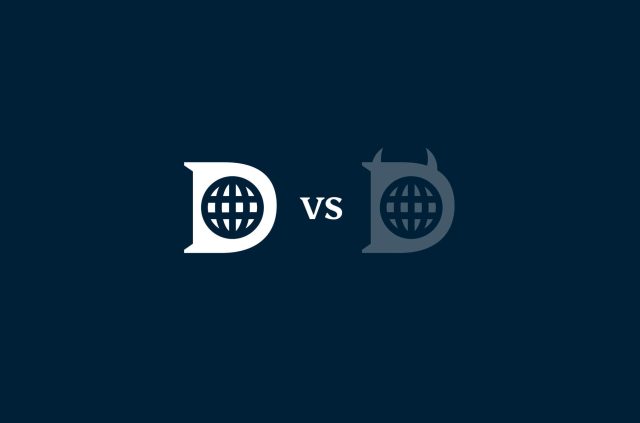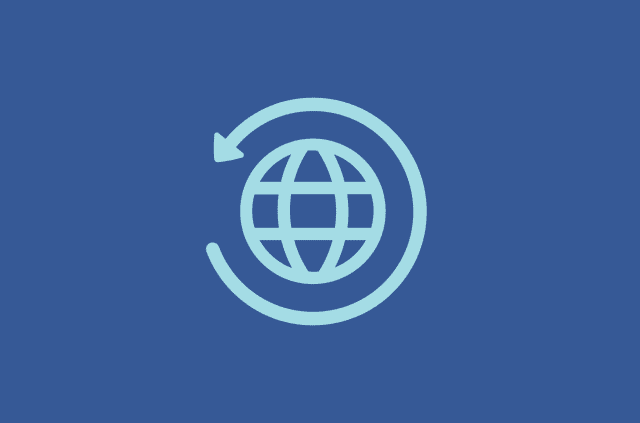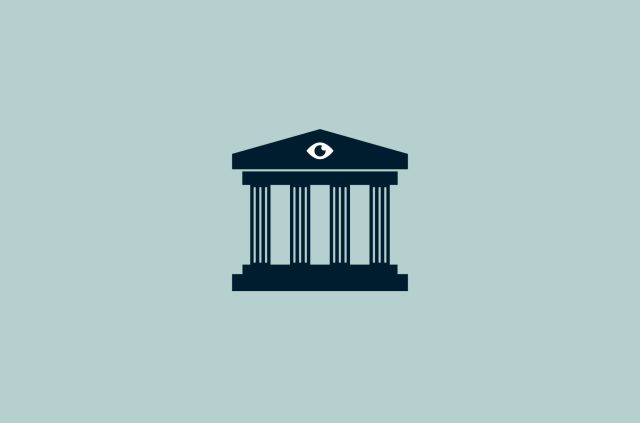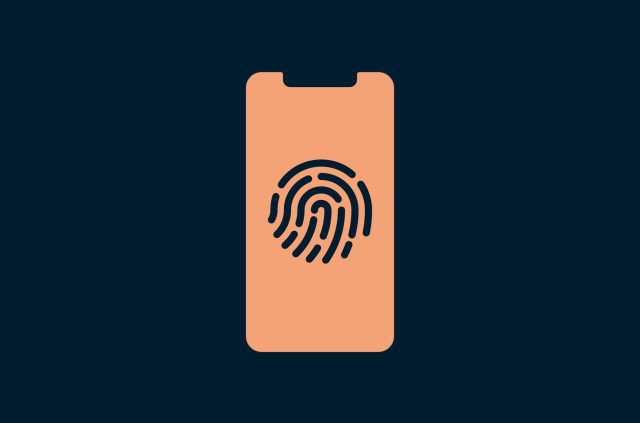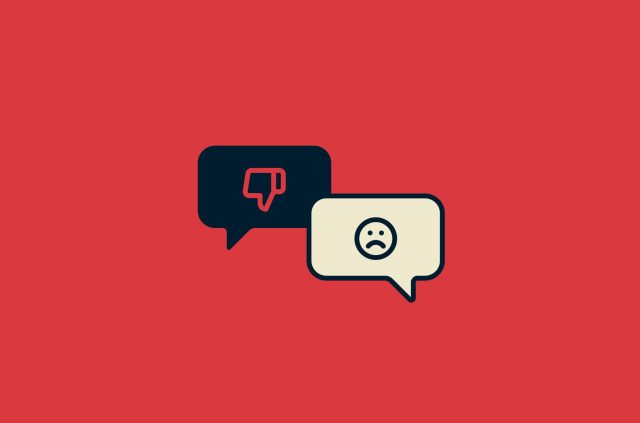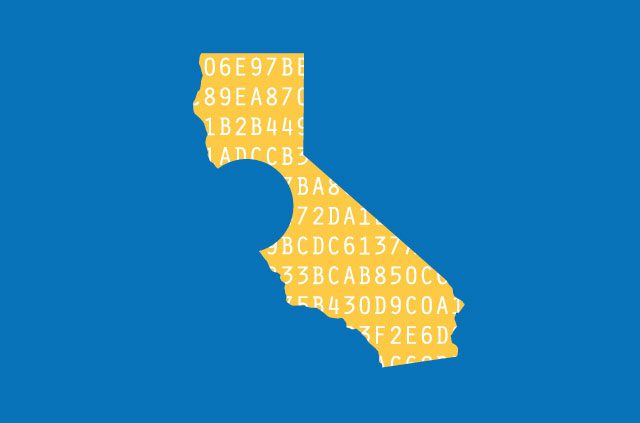
Silicon Valley and San Francisco’s Bay Area have long been synonymous with Big Tech. It was the center of the dot-com boom of the ’90s, which ushered in the fastest adoption of new technology in modern history, thanks in part to the quick rollout of broadband internet.
But the region’s tech credentials were established well before then. Shockley Semiconductor Labs—the first company to make transistors out of silicon instead of germanium—was founded in Mountain View in 1956. Some of Shockley’s employees went on to found influential companies such as Nvidia, AMD, and venture capital firm Kleiner Perkins, best known for investing in Amazon, Google, Netscape, and Compaq.
From Atari to Apple and eBay to Tesla, the Valley has seen it all and continues to expand the boundaries of what’s possible.
So why have its residents resisted the technology that they gave birth to in the first place?
Hey kids, leave those phones alone
It’s safe to assume that there are plenty of kids of tech billionaires at The Waldorf School, the most prestigious private school in San Francisco. Yet, the institution bans the use of handheld devices among its students until a certain age.
Bill Gates and Steve Jobs might be two of the most iconic figures in technology, but they had inflexible rules for its use in their homes: Their children had strict limits on screen time, and both heavily promoted creative pursuits instead.
[Keep up with the latest in technology and security. Sign up for the ExpressVPN blog newsletter.]
Gates and Jobs were in pole position to study and examine the effects of technology on our lives. They spent their careers making devices smarter, efficient, and user-friendly. Their legacies revolve around fostering the mass adoption of devices across the globe. If they hinted that these technologies could do more harm than good, we would be foolish not to take heed.
That San Francisco has reaped the economic benefits of exporting its tech to the rest of the world is undeniable. Median incomes, home values, and the city’s coffers are reaching the stratosphere. But the citizens have also inked an uneasy social contract of sorts: We’ll continue to help build big tech as long as we can continue to make money off it, but we’ll clamp down on it hard if it starts to impact our own lives.
Tech founders like to boast about how they’re making the world a better, safer, and more equitable place. Their talking points revolve around the economic benefits of making the internet available to the masses. Any talk of regulation or accusation that they’re getting too big for their own good is decried as a witch hunt, with complaints that the government’s simply trying to get in on the action.
But California’s leading the way when it comes to forcing founders to re-evaluate the “move fast and break things” mentality. It’s preventing the deleterious aspects of tech from becoming a part of everyday life. And by doing so, it’s arguably following the will of its residents and setting an example for the rest to follow.
Facial recognition? No chance.
Data scraping and surveillance companies such as Clearview AI (which counts Valley legend Peter Thiel as an investor) and larger corporates such as Accenture stand to make billions promoting the use of facial recognition tech by governments, corporations, and law enforcement agencies around the world.
But rather than embrace the tech and help usher in a wave of adoption, California’s taken the opposite route.
In May last year, San Francisco became the first major metropolitan city in the U.S. to completely ban the use of facial recognition technology by the police or government agencies.
Federally run departments such as the Transport Security Administration, which provides security at U.S. airports, are exempt, but the ban is telling after doubts were raised about its ability to properly identify people of color and marginalized communities.
The Stop Secret Surveillance ordinance effectively prevents facial recognition companies in the Valley from doing business with local government bodies. And that’s despite the mountain of cash to be made in the field: Some reports suggest that the “facial biometrics” market will swell to nearly US$400 million by 2025.
Empowering workers and consumers
In 2018, the California Supreme Court voted to reclassify independent contractors, such as the workers driving for Uber and Lyft, as well as couriers and handymen on TaskRabbit and DoorDash.
These “gig economy” companies grew to be immensely rich by classifying their workers as contractors, saving them from overheads such as insurance, taxes, and a minimum wage. By some estimates, full-time Uber drivers make only US$9.21 an hour, significantly less than the federally mandated minimum.
The new set of laws, known as AB5, go into effect this year with the aim to force companies to treat their staff as full-time workers, thereby guaranteeing things like minimum wage and employee insurance. Naturally, this didn’t go down well with both Uber and Lyft, which have spent millions to lobby against the decision. However, it is now a reality, making the state the first to implement a law of this nature in the U.S.
In a similar vein, the California Consumer Privacy Act (CCPA) has made significant steps to empower consumers with greater control over their personal data. Under the act, consumers retain the right to ask businesses what sort of data they hold on them, prevent said companies from selling the data to third parties, and expect compensation for data breaches.
While stopping short of the EU’s GDPR—a regulation that governs data protection—and the “right to be forgotten” law, the CCPA is nevertheless an important piece of legislation that some say might help pave the way for a federal data privacy law in the U.S.
California is, predictably, ahead of its time, although data privacy does rank very high on the list of priority for most Americans.
Restrictive or progressive?
Our devices have certainly made our lives more convenient, but it’s come at the cost of our privacy. Big Tech touts the benefits of the “gig economy” but fails to disclose that its workers routinely make below minimum wage and have to work 60-plus hours a week to make ends meet.
Until now, governments have been afraid to challenge companies because of their global heft and the general view that technology must remain unharnessed and free to permeate across the globe. Those who attempt to put hurdles in its path are castigated as Luddites holding views antithetical to societal progress.
As the birthplace of the app economy, San Francisco is in a unique position to show the rest how Big Tech should be handled and why it must be forced to operate on an even playing field. And so far, it’s played its part perfectly.
Take the first step to protect yourself online. Try ExpressVPN risk-free.
Get ExpressVPN

